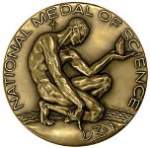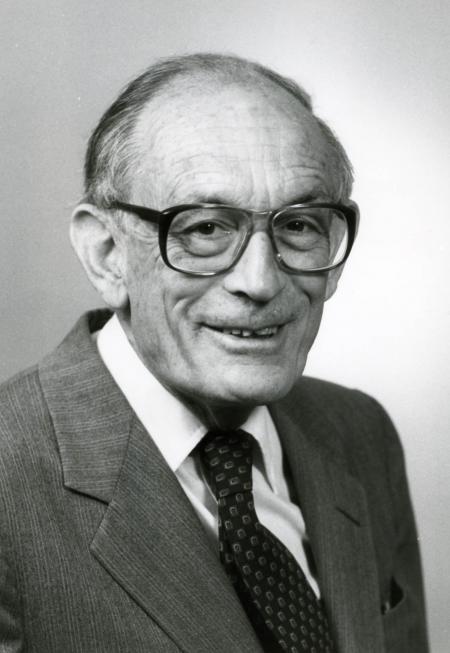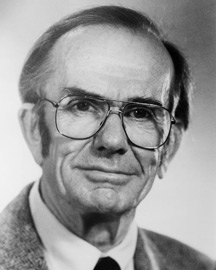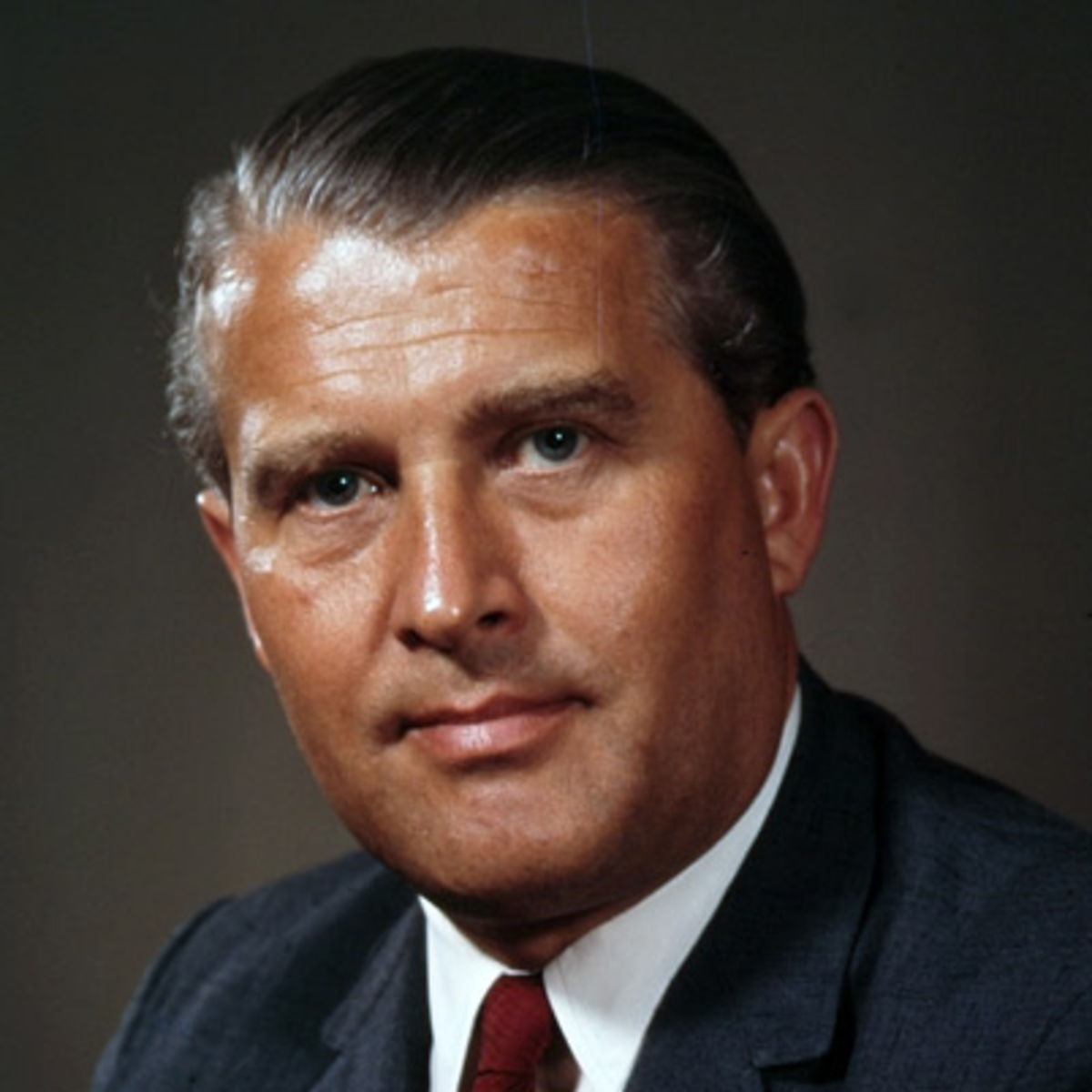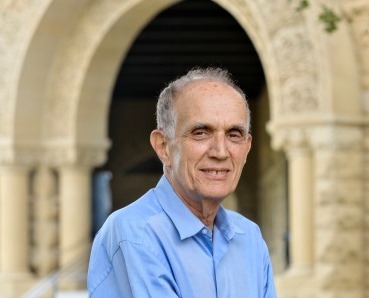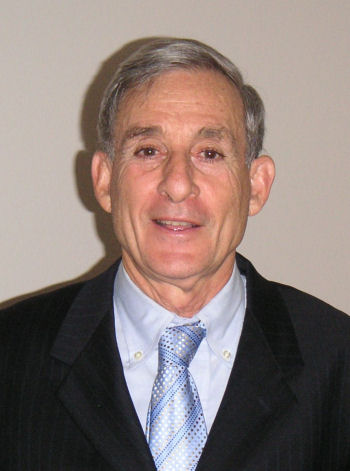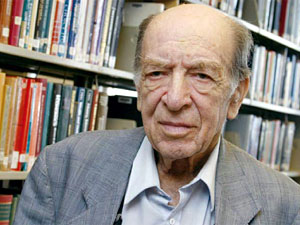B. F. Skinner National Medal of Science Awarded In 1968

B. F. Skinner
Award Name : National Medal of Science
Year of Award : 1968
Award for : Social sciences
Location : United, West Virginia, United States
Burrhus Frederic Skinner commonly known as B. F. Skinner, was an American psychologist, behaviorist, author, inventor, and social philosopher. He was the Edgar Pierce Professor of Psychology at Harvard University from 1958 until his retirement in 1974. Skinner called this the principle of reinforcement. Skinner developed a philosophy of science that he called radical behaviorism. Skinner was a prolific author who published 21 books and 180 articles.
B.F. Skinner was born on March 20, 1904 in Susquehanna, a small railroad town in the hills of Pennsylvania just below Binghamton, New York. His father was a lawyer and his mother a homemaker. During high school, Skinner started to develop an interest in scientific reasoning from his extensive study of the works of Francis Bacon. He went on to receive a B.A. in English literature in 1926 from Hamilton College. After earning his undergraduate degree he decided to become a writer, a period of his life that he would later refer to as the "dark year." During this time he wrote only a few short newspaper articles and quickly grew disillusioned with his literary talents, despite receiving some encouragement and mentorship from the famed poet Robert Frost. Skinner's works include The Behavior of Organisms (1938) and a novel based on his theories Walden Two (1948). He explored behaviorism in relation to society in later books, including Beyond Freedom and Human Dignity (1971). Skinner died in Massachusetts in 1990.
He invented the operant conditioning chamber which helps in studying behaviour conditioning in animals by teaching them to perform certain actions in response to a particular stimuli. These chambers are used in a number of research fields to study animal behaviour and psychology.In 1968, he received the National Medal of science. He died of leukemia on August 18,1990 in Cambridge, Massachusetts.
